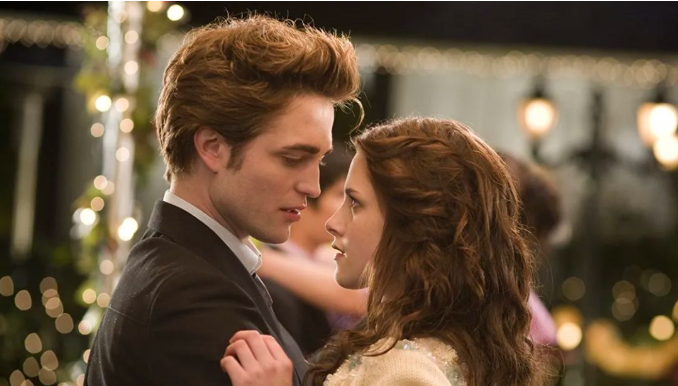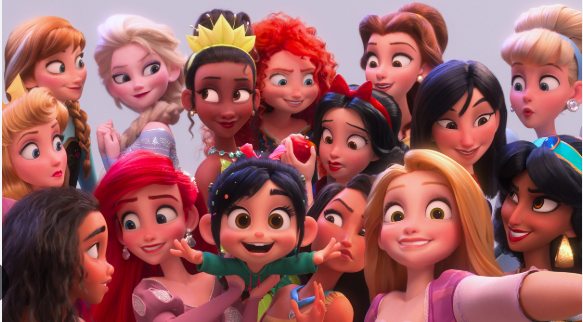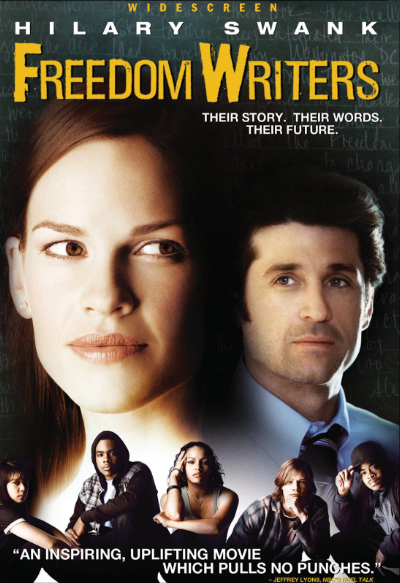Do you love mystery? Do you love romance? Do you love vampires? Do you love glitter? If you answered yes to any or all of those. . . avoid Twilight at all costs. Twilight by Stephenie Meyer was published in 2005 and has since been a cult classic, though it has garnered plenty of criticism and hate for being poorly written and something girls cared about. The novel is told by Bella Swan as she falls in love with a vampire-innocent enough, right? However, there are deeper and more objective issues than bad writing with the book and its sequels. The Twilight saga is harmful because it glorifies toxic relationships and involves cultural appropriation.
One of the most commonly recurring issues in the Twilight saga is the glorification of toxicity in romantic relationships. The majority of the series focuses on Bella’s relationship with Edward Cullen, a vampire. He may seem ideal at first, but a lot of his actions are very concerning when more closely examined. An article by Medical News Today states, “Toxic behavior in relationships includes power, control, and disrespect.” The article also cites jealousy, toxic communication, controlling behavior, and dishonesty as signs of a toxic relationship. Edward managed to exhibit all of these throughout the saga. He’s jealous of Bella’s friend Jacob, which leads to him breaking her car so she can’t visit him–which seems a little controlling. Additionally, Edward often communicates poorly, such as leaving Bella in the woods alone after confusingly breaking up with her out of the blue. He withholds information in this instance as well as many others, a form of dishonesty. As if all of that wasn’t bad enough… Edward also stalked Bella, following to her house without her knowing and then proceeding to climb through her window-without her knowing. All of these things are clearly signs of a toxic relationship but in Twilight it’s only ever painted in a positive light, giving the young target audience the impression that it’s desirable.
Toxic relationships aren’t the only problem with Twilight. A large portion of the plot revolves around the Quileute tribe, a real Indigenous tribe who has lived in La Push, Washington, for thousands of years. Unfortunately, Meyer greatly misappropriated the Quileutes’ culture throughout the series. One major way she did this was by fabricating legends about the tribe. According to the Quileute Nation website, the Quileutes were “changed from wolves by a wandering Transformer.” This isn’t how Meyer portrays the tribe’s creation in Twilight. Instead, she made up a legend in which an ancient Quileute leader gained the ability to transform into a wolf after using a wolf as a vessel for his spirit. “But, as he joined the wolf, the greatest magic happened…The wolf shuddered, and…transformed into a man” (Eclipse, pg 250). The Quileute’s history was already not widely known, but after Meyer rewrote it to benefit herself, the tribe’s actual legends have been largely disregarded. And it really is just Stephanie Meyer benefiting from the Quileute tribe being an integral part of Twilight, because the tribe has not been compensated at all. The Burke Museum of Natural History and Culture has worked with the Quileute Tribe to attempt to correct misinformation about the tribe, and according to their Truth Versus Twilight project, “…the Quileute Tribe has not received any of the billions of dollars of profit garnered by Stephanie Meyer, Summit Entertainment, and the many retail companies selling Twilight merchandise.” Overall, the Quileute Tribe’s history has been exploited for Meyer’s personal gain.
None of this may seem like a big deal; vampires aren’t real, so would readers really be influenced by Bella’s toxic relationship with one? And a simple Google search would show curious members of the audience that Meyer altered the Quileutes’ history. But when you keep in mind that the main audience of Twilight are young and impressionable, likely to take things at face value…the toxic relationships and cultural appropriation in the series start to seem a lot more sinister. It’s important to always be critical of media, even when it seems innocuous at first.












